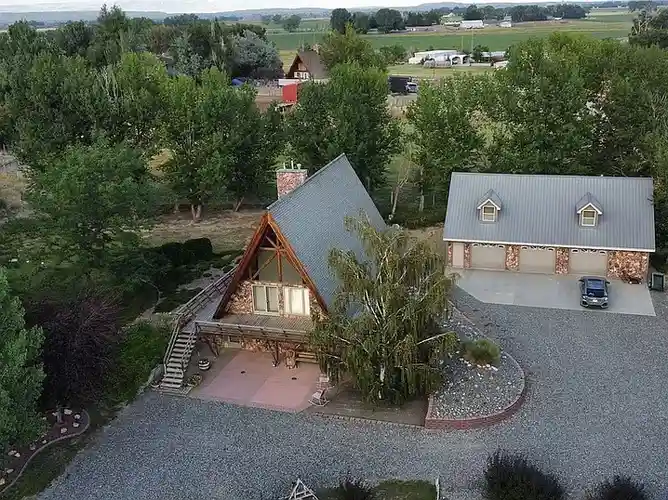If you’re renting a home or apartment, you might be wondering, “do renters pay property tax?” While renters don’t pay this tax directly to the government, the reality is that the cost is almost always passed down from landlords to tenants. Understanding how this system works can help you make smarter financial decisions—and even negotiate better lease terms.
Renters Don’t Pay Property Tax Directly, But It’s in Your Rent
Let’s clear things up first: renters do not pay property tax directly to their city, county, or state. That responsibility legally falls on the property owner or landlord. However, that doesn’t mean you’re off the hook completely. Most landlords calculate their rental rates to cover all expenses—including property taxes, maintenance, insurance, and profit. So yes, your monthly rent likely includes a portion of the property tax.
In other words, tenants pay property tax indirectly by covering the cost through their rent. This is a normal part of how rental markets function in the U.S.
How Rent Covers Property Taxes and Other Landlord Expenses
When a landlord sets the rental price, they consider multiple financial factors:
- Mortgage payments (if applicable)
- Property taxes
- Maintenance and repairs
- Property management fees
- Insurance
- Profit margin
Property tax is a significant recurring cost, and when it increases, landlords often pass that cost on to tenants. This is especially common in rapidly growing cities where property values—and taxes—are on the rise. So while you may not write a check to the tax office, the property tax cost in rent is real and baked into your monthly payment.
Are Tenants Ever Responsible for Property Taxes?
In traditional lease agreements, no—tenants are not directly responsible for paying taxes. However, there are exceptions:
- In triple-net leases (common in commercial rentals), tenants may be responsible for property taxes, insurance, and maintenance.
- In certain informal or owner-financed lease-to-own agreements, tenants may agree to pay property taxes directly.
Always read your lease carefully. If you’re unsure whether property tax is included or how it’s calculated into your rent, ask your landlord for clarification before signing.
Property Tax Increases Can Affect Your Rent
When a local government raises property tax rates or when a home’s value is reassessed higher, landlords typically respond by increasing rent at renewal time. That means tenants indirectly feel the burden of rising taxes. This is a key reason why your rent may go up even if the home or apartment hasn’t changed.
It’s worth asking your landlord about any recent property tax hikes if you notice a steep rent increase. Understanding how taxes impact rental prices can give you leverage in negotiations.
What Renters Can Do to Stay Informed
Even though renters don’t pay property tax directly, staying informed can help you budget better. Here are a few tips:
- Research the property’s tax history using your local assessor’s website.
- Ask your landlord or property manager if taxes are expected to rise.
- Factor in potential increases when budgeting for lease renewals.
- Know your rights—some states limit how much rent can be raised annually.
Final Thoughts
So, do renters pay property tax? Not directly—but that cost is almost always included in your rent. Property owners pass along their tax obligations through rental pricing, so while you don’t interact with the tax office, you’re still contributing to the bill. Understanding how rent covers property taxes can help you be a more informed renter and prepare for rent changes down the road.
